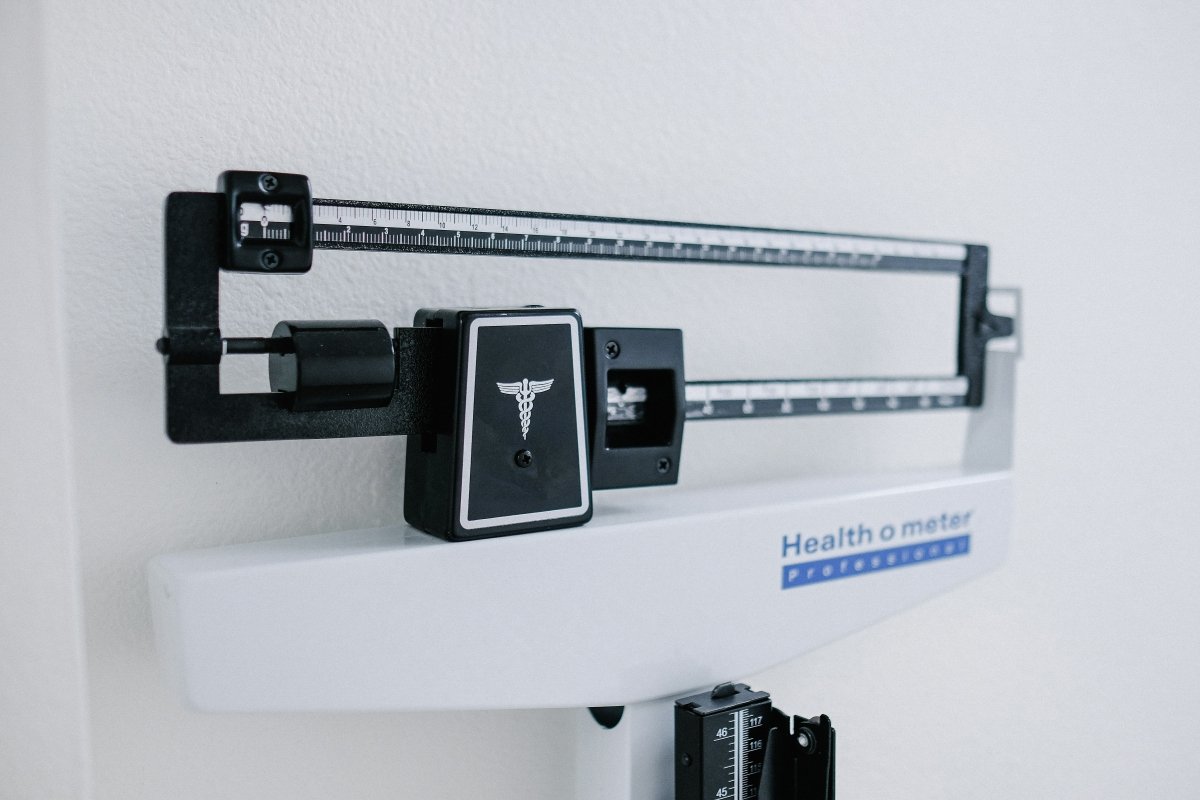I remember listening, in gob-smacked silence in 2002, to a rambling Donald Rumsfeld as he set out the case for invading Iraq. The US Secretary of Defence was obsessed with perceived Weapons of Mass Destruction and was falling over himself to explain the various types of ‘knowns’ and ‘unknowns’ that may exist in this search.
At the time, his ineloquent soundbites hardly resembled a technique that could help people better understand their relationship with themselves as well as others. Many years later, I learnt that this technique called the Johari Window was designed to understand and distill complex scenarios, including in modern healthcare, as we try and add some precision to risk prediction.
Certainly, in the case of heart disease, the eventual arrival of symptoms as a ‘known’ outcome is usually too late, in terms of intervention. Further uncertainty and unfairness lie in the fact that these symptoms may themselves not serve everyone well. Chest pain, as a warning sign of impending heart attack, is more reliable in men than it is in women or specific patient groups e.g. certain ethnic minorities. Even at this late stage in heart disease, one of the ‘knowns’ can let us down.
The question is how can we improve precision and predictability as early as possible? One approach that has gathered huge momentum is identifying inherited risk by examining the genetic make up of us all. Until recently, this was very much considered an ‘unknown’.
Only this month, news came from Cambridge University of a breakthrough in diagnosis for some of the sickest children in the country, who had lived for years without explanation of their conditions. With the use of whole genome sequencing, scientists are now able to discover the true cause of illness and change lives for those in desperate situations.
As healthy members of the public, how does this concern us?
As a Cardiac Critical Care specialist, the question I am most often asked by sick patients is ‘Why me?’ After the sudden event of a heart attack or stroke, dwelling on a previous healthy life is understandable and accepting a life-changing diagnosis is extremely difficult.
The information has always existed about the likelihood of cardiovascular disease but with figures quoted as the risk for the entire population. Armed with these stats, we are unable to serve any particular individual when they present to our hospital in a critical state - the honest truth is that when we are sick and vulnerable, it is hard to take much consolation from the fact that others have escaped this misery and associated loss of quality of life.
To any given individual, the risk of heart disease is very much an ‘all or none’ phenomenon. What is far more powerful and relevant is identifying the risk early so we can modify it, with expert advice. As healthy people, we have the opportunity to, identify, stratify and modify our individual risk. In the absence of a crystal ball, we can’t be certain of how events will reveal themselves many years or decades later but early interventions (e.g. on lifestyle and diet) can impact hugely on peace of mind now and quality of life later.
As the field grows, we are able to achieve higher and higher certainty for the population as well. The onus is also on all of us to contribute our own (fully anonymised) data to strengthen the algorithms from which we are ourselves benefitting. After all, it is on the shoulders of giants – those who have gone before us- that we now stand and enjoy this revolution that is taking place in genetic medicine.
Information is power and, as I reach for my test kit to find out my own risk of heart disease, I’d certainly prefer to know more now rather than be left worrying about unknowns.





Share:
Paleo Lifestyle Benefits